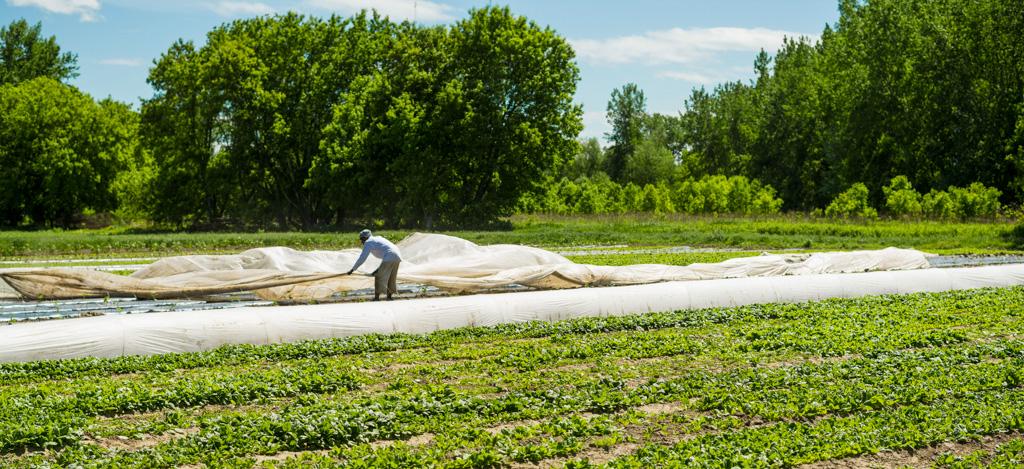In human psychology, there’s a phenomenon called the false consensus effect or consensus bias, which is the pervasive tendency we have to assume that our own behaviors, choices, beliefs, and actions are relatively common throughout the general population.
From Wikipedia: “This bias is especially prevalent in group settings where one thinks the collective opinion of their own group matches that of the larger population. Since the members of a group reach a consensus and rarely encounter those who dispute it, they tend to believe that everybody thinks the same way.”
Throughout my career in mission-driven marketing, I’ve witnessed organizations and movements–led by the most passionate and educated people working on an issue–struggle to develop messaging and strategies that bring new people into the fold. Movement leaders tasked with designing campaigns are often so steeped in their niche that they subconsciously assume the general population operates with the same information, experience, and literacy that they do. This assumption results in jargon-laden messages that may excite those already schooled on a particular issue, but that fail to resonate with the average person.
For those of us in the organic food movement, these assumptions include:
- That people know what the “organic” label means,
- That people have positive associations with the term “organic,” and
- That people who value environmental sustainability, economic viability, and social justice see eating organic food as aligned with their values.
To truly grow the market for organic products in Vermont, we must put ourselves in the shoes of the average eater and deliver messages and resources that solve their problems, inspire behavior change, and answer the most essential question: what does “organic” mean and why does it matter to me?
Thanks to a grant from the State of Vermont’s Working Lands Enterprise Initiative, Vermont Organic Farmers and NOFA-VT are launching a “Back to Basics” digital marketing campaign in July 2022 to do just that.
The Back to Basics campaign will target Vermonters who have an expressed interest in sustainability, social responsibility, climate change solutions, conservation, and other topics related to the benefits of organic agriculture. In other words, we want to reach people outside of our existing audience, but who are actively looking for ways to express values aligned with the organic farming movement. Ultimately, we want more Vermonters to know that eating organic food –like installing solar panels, weatherizing their homes, consuming less, or driving an electric vehicle–aligns with their values and is an accessible strategy they can use to forge the future they want.
We currently have funding for a five-month campaign structured around five questions. Each month we’ll share digital media exploring the following questions:
- July: What is Vermont organic?
- August: Why does organic cost more?
- September: What does organic agriculture have to do with climate change?
- October: What’s the difference between local and organic?
- November: How does organic meat factor into a sustainable food system in Vermont?
We are creating multiple kinds of digital media for each question. This allows us to optimize the media for different digital platforms and ensure that our messages are packaged in ways that resonate with different kinds of consumers. Media types include:
- A shareable infographic
- A 60-second video featuring an organic farmer’s story
- A NOFA-VT Instagram takeover by an organic farmer
- Instagram Reels and TikToks (short form video)
Our digital media will be shared in a variety of online platforms including YouTube, Instagram, Facebook, and TikTok. With our grant funds (and hopefully additional funds) dedicated to paid promotion, this content will reach folks who aren’t yet engaging with us, but, based on their expressed interests, are most likely to make changes to their habits if presented with this information.
Of course, we will share digital media with farmers who can use it to engage their own audiences as well!
Stay tuned to our Instagram and Facebook this summer to catch the campaign, and please share your feedback! ◊

